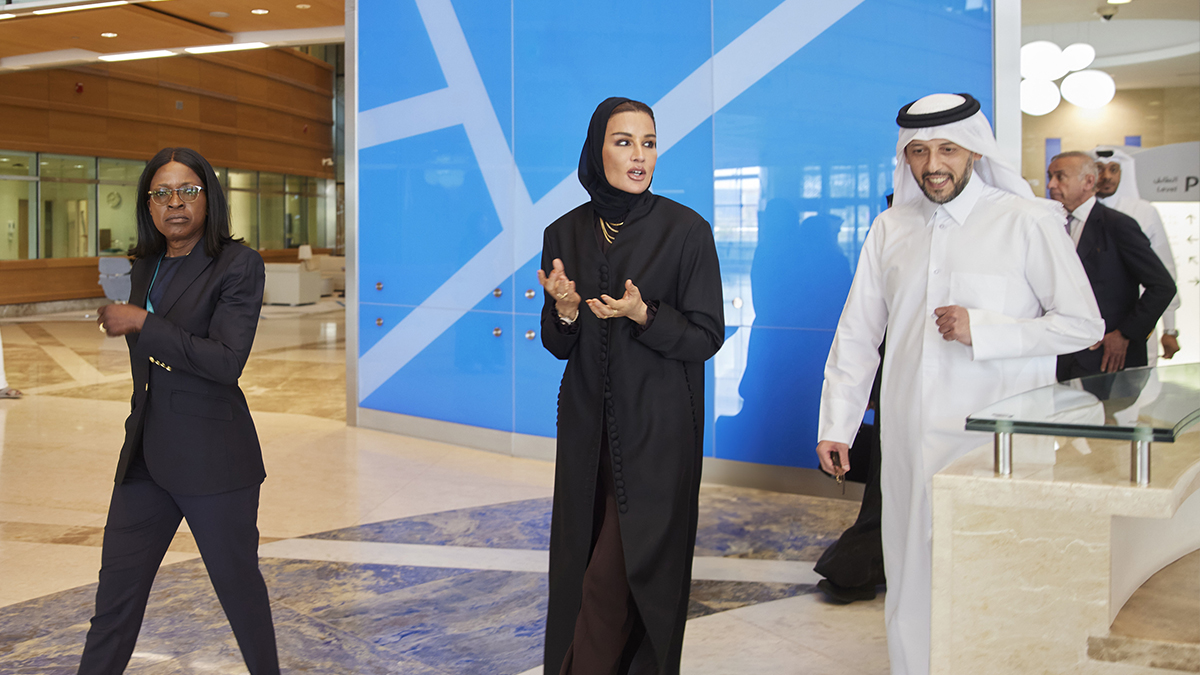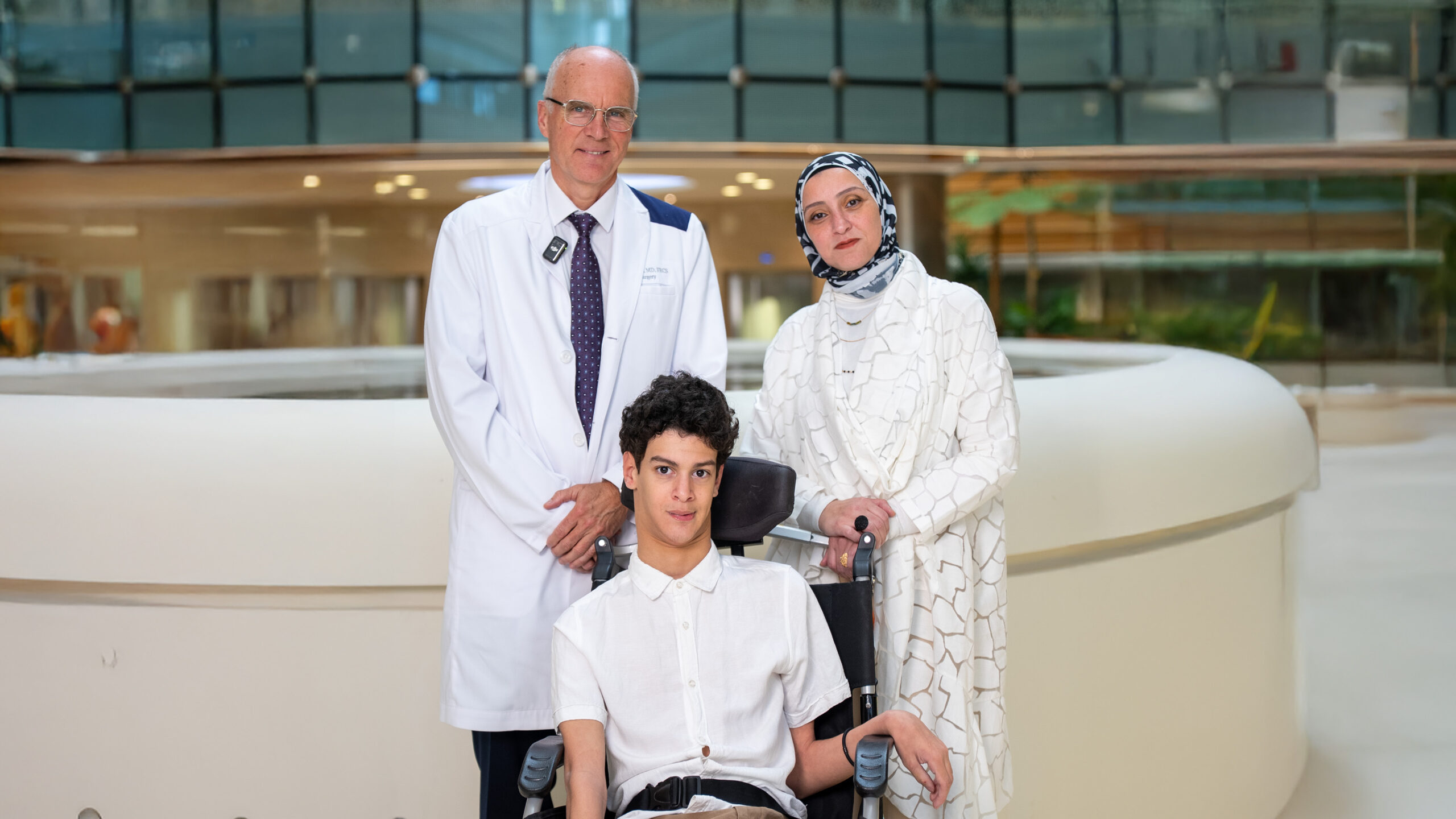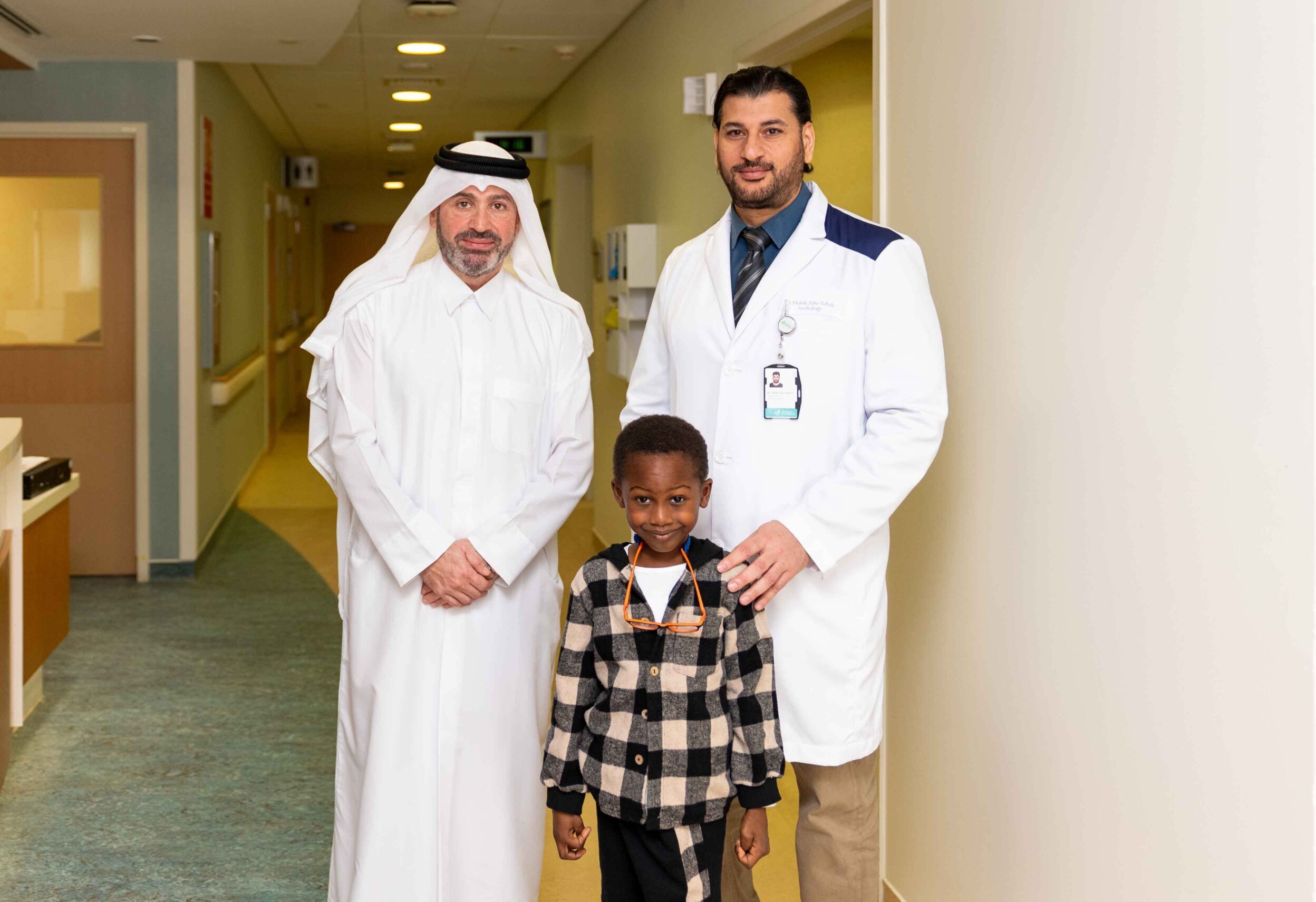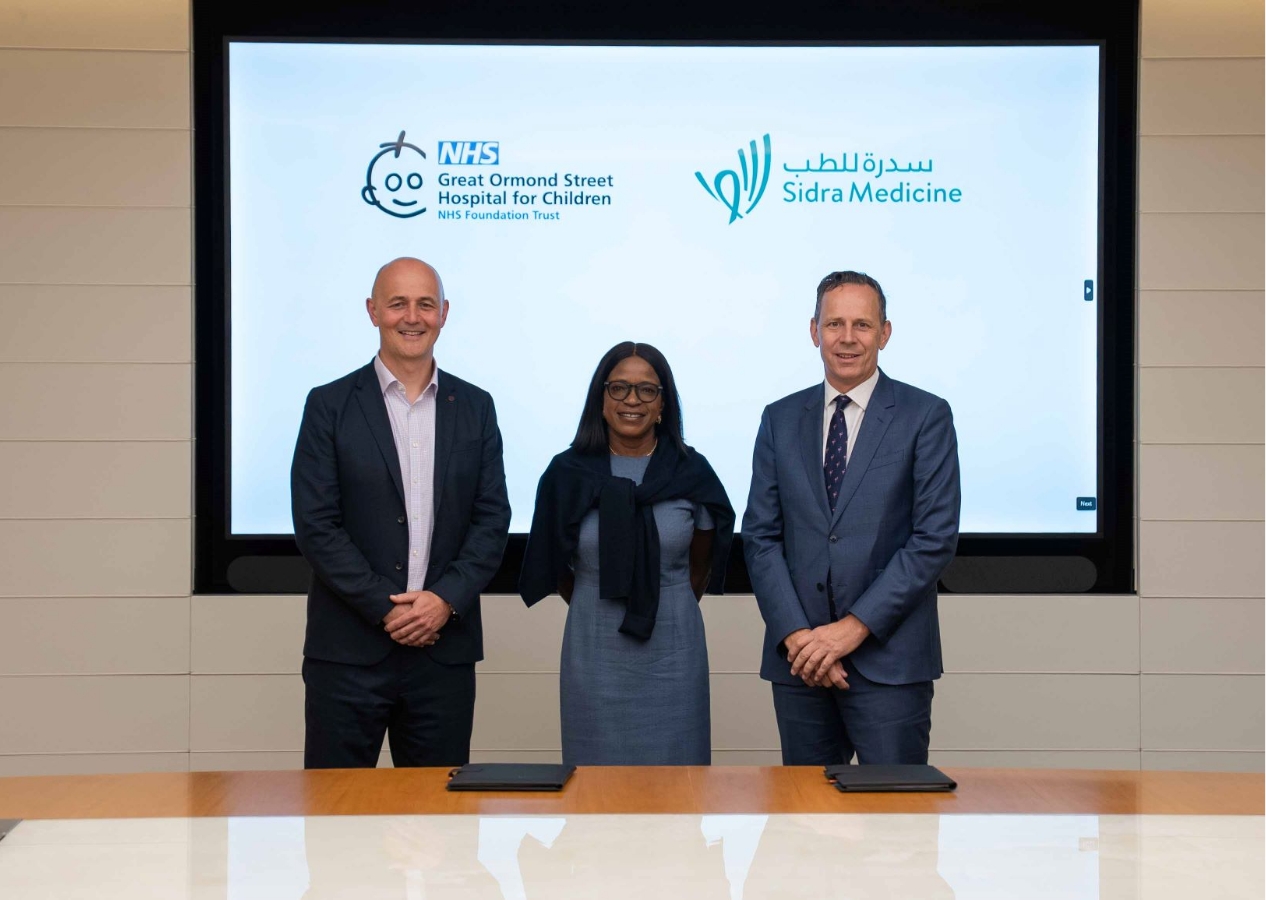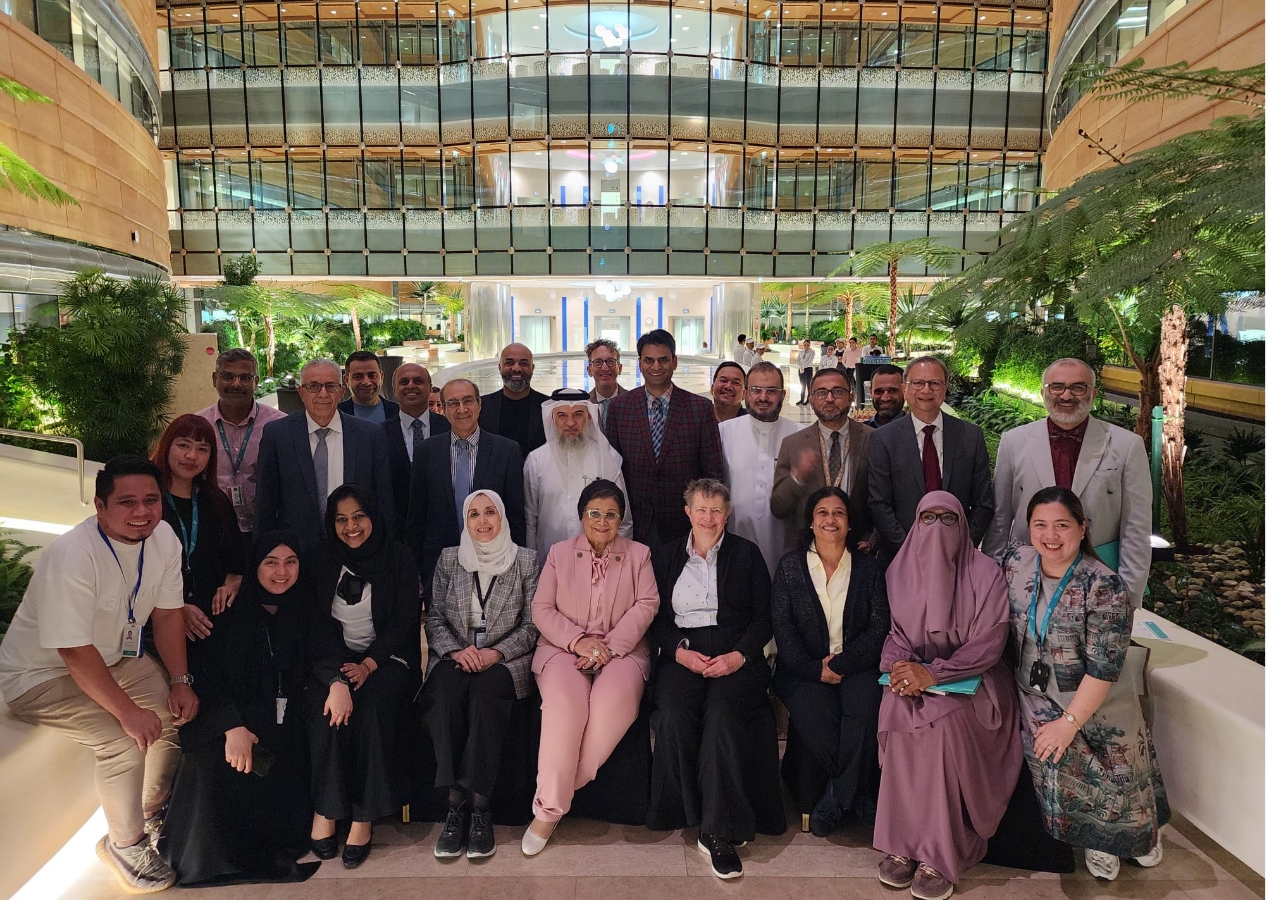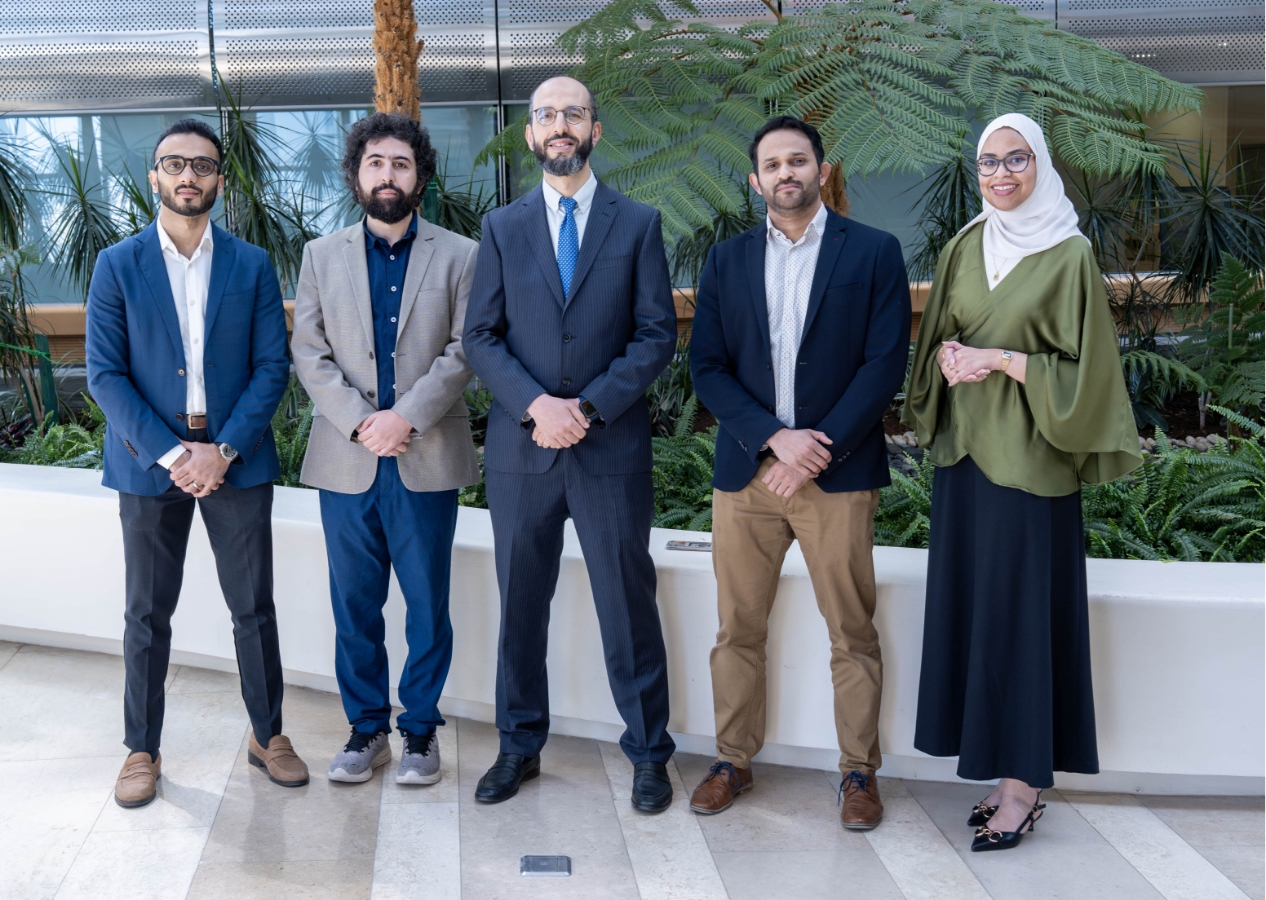News
Stay up-to-date with the latest announcements and achievements from Sidra Medicine. Our News & Press Releases page provides timely updates on new services, important milestones, and community initiatives—all reflecting our commitment to delivering top-quality healthcare and patient-centered innovation.


